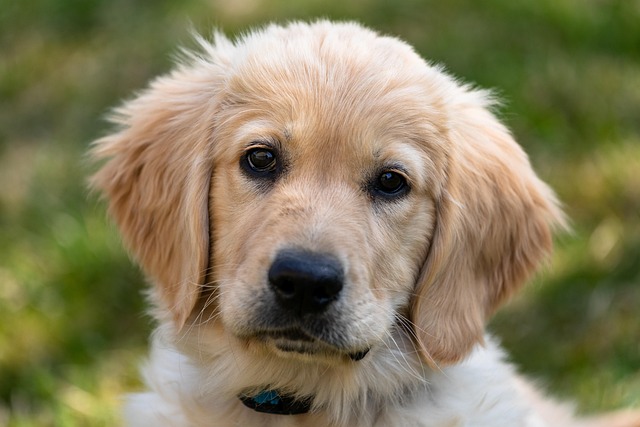
what are the nutritional requirements for a dog
Figuring out what to feed your dog can feel like navigating a maze, with endless brands and formulas all claiming to be the best. But at its core
Noticing small changes in your dog’s habits can be the first clue something’s off with their gut—partial bowel obstruction often starts with subtle signs you might miss at first. Keep an eye out for unusual bathroom habits: if they’re straining to poop, only passing small, hard bits, or having accidents even when they’re usually house-trained, that’s a red flag. Some dogs might also vomit occasionally, especially after eating, and seem less interested in their food than normal—their bodies are telling you something’s blocking things up.
Your dog’s energy level can tell you a lot too. A pup that usually bounces around the yard might suddenly lie around more, avoiding play or walks. They might hunch their back, whine when you touch their belly, or even pace nervously—these are all signs of discomfort they can’t put into words. If you have a senior dog or one that loves chewing on toys, socks, or sticks, be extra vigilant; those items are common causes of partial obstructions, and catching it early matters.
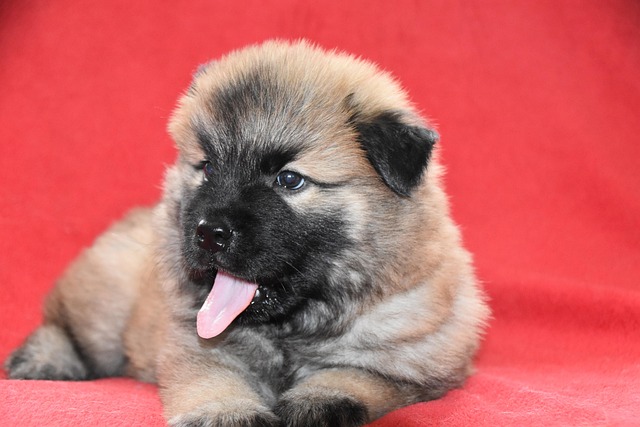 Dehydration is a big risk with partial bowel obstruction, so watch for dry gums or if they’re drinking less water than usual. When their gut isn’t working right, they might also have gurgling or rumbling sounds in their belly—you might hear it when you’re sitting next to them on the couch. And while it’s not pleasant to think about, check their poop for any signs of blood or mucus; those can be indicators that the obstruction is irritating their intestines.
Dehydration is a big risk with partial bowel obstruction, so watch for dry gums or if they’re drinking less water than usual. When their gut isn’t working right, they might also have gurgling or rumbling sounds in their belly—you might hear it when you’re sitting next to them on the couch. And while it’s not pleasant to think about, check their poop for any signs of blood or mucus; those can be indicators that the obstruction is irritating their intestines.
If you spot any of these symptoms, don’t wait to call your vet—many areas have regulations that require pet owners to seek timely care for animals in distress, and it’s the kind thing to do for your furry friend. Vets can run tests like X-rays or ultrasounds to confirm a partial obstruction, and early treatment (like medication or a special diet) can often avoid more serious surgery. Never try to treat it at home with over-the-counter meds; some human drugs are toxic to dogs and can make things worse.
Caring for a dog with a partial bowel obstruction means staying attuned to their needs and acting fast. Your bond with them lets you notice those little shifts that others might not, and that attentiveness could save them from pain or complications. Once they’re on the mend, take steps to keep risky items out of reach—like keeping socks in closed drawers or choosing durable, non-chewable toys—and you’ll both get back to enjoying your usual walks and cuddles in no time.

Figuring out what to feed your dog can feel like navigating a maze, with endless brands and formulas all claiming to be the best. But at its core
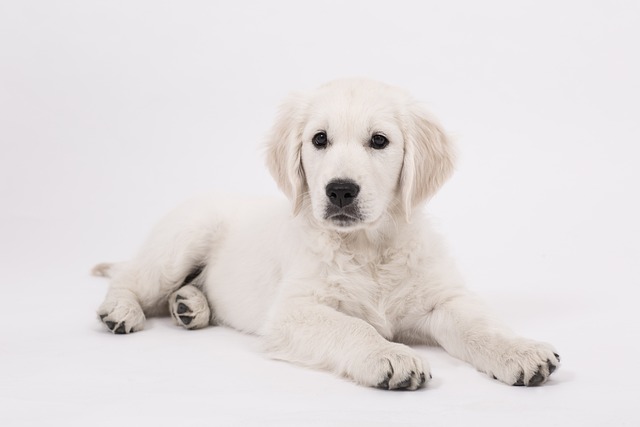
With all the talk about high-protein diets, it's easy to wonder if there can be too much of a good thing for your growing puppy.
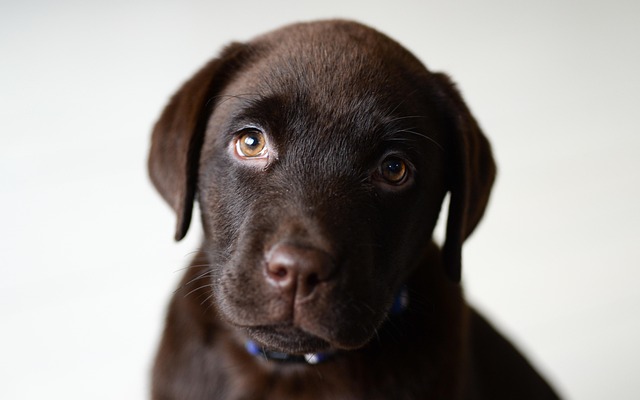
Nothing’s more disheartening than leaning in for a doggy cuddle and catching a strong, unpleasant smell from their skin.

Bringing home a new puppy is an exciting time, and watching them explore their world often includes seeing them try to eat everything in sight!
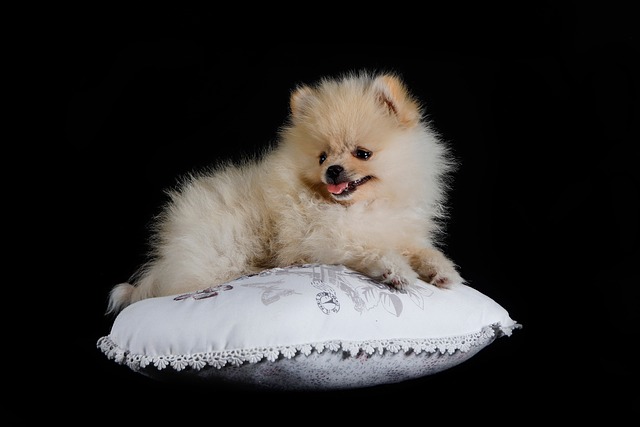
If you've noticed your dog's skin looking greasy, flaky, or just generally unhealthy, you might be wondering if it's simple dryness or something more.
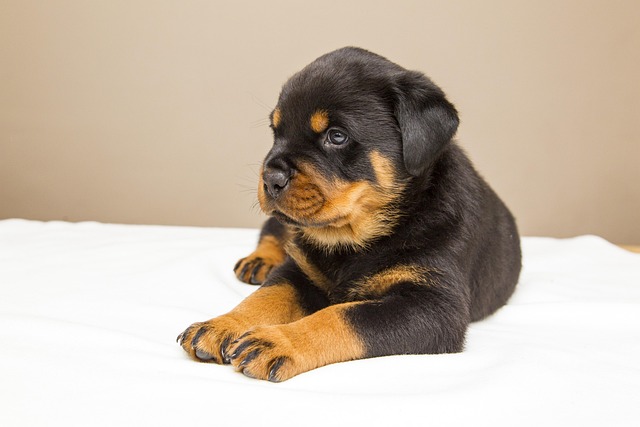
If you’re a new dog parent in the US—maybe you’re kneeling by your 8-month-old Shih Tzu, Lua’s, bed in your Chicago apartment, morning coffee in hand